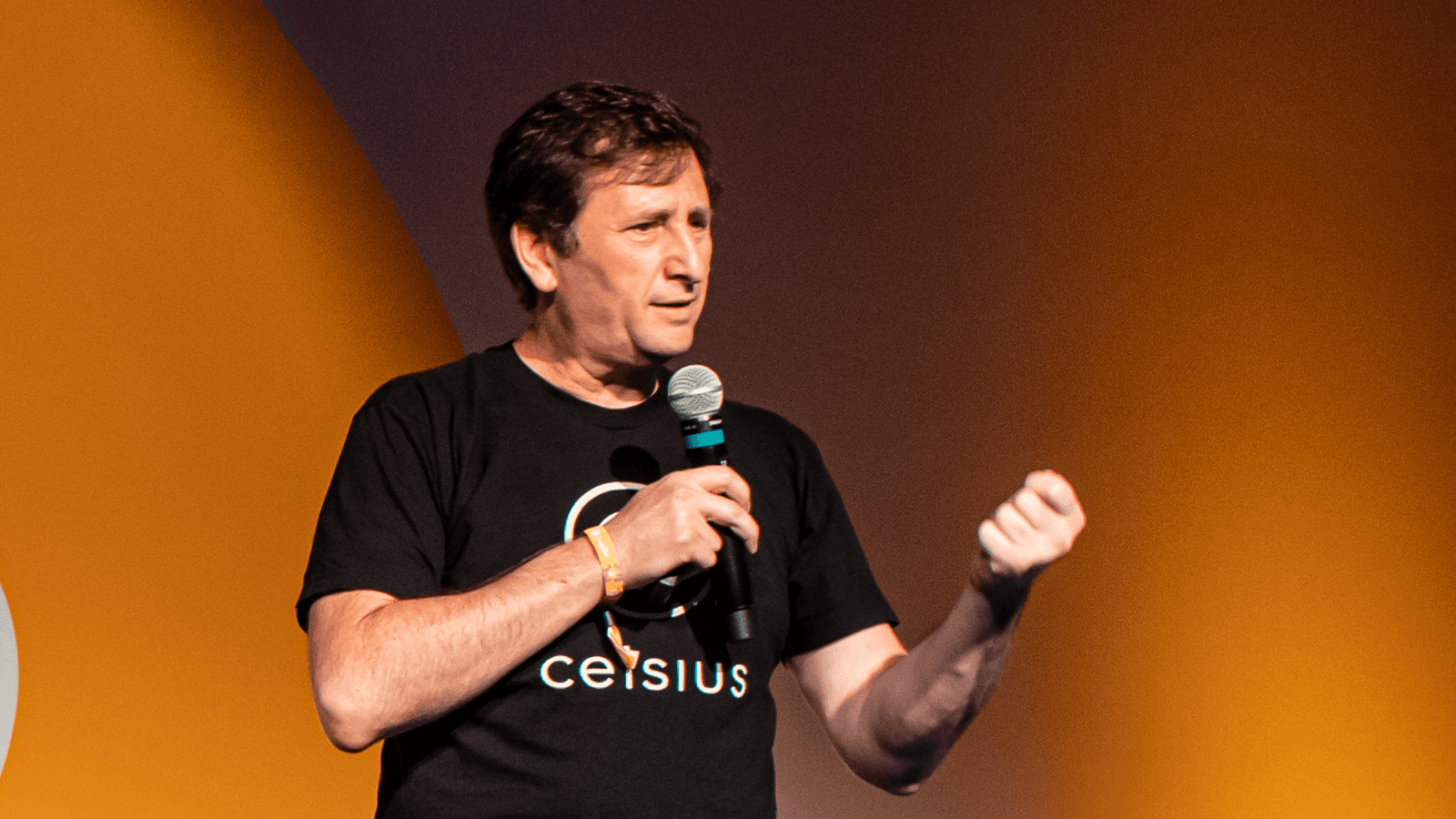Celsius Founder Withdrew $10M Before Freeze to Pay Taxes: Report
Alex Mashinsky reportedly used $8 million from the withdrawn funds to pay his own state and federal taxes

Alex Mashinsky, Celsius CEO; Source: Shutterstock
- Details about his withdrawals will soon be submitted in court
- His transactions are linked to estate planning, according to the Financial Times
Less than a week after Celsius founder Alex Mashinsky stepped down as CEO, a new report revealed he withdrew $10 million from the crypto lender shortly before customer funds were frozen on its platform.
Mashinsky’s withdrawals took place sometime between mid to late May, the Financial Times reported on Sunday. It isn’t clear whether the entire amount was withdrawn at once or in separate transactions.
Even after the withdrawals, cryptoassets worth $44 million belonging to Mashinsky and his family are still stuck in Celsius, a spokesperson for the former CEO told the outlet.
Celsius didn’t return Blockworks’ request for comment by press time.
On June 12, Celsius paused transfers on its platform due to “extreme market conditions,” worrying its 1.7 million customers about their funds being locked up for an uncertain period of time. The lender filed for bankruptcy a month later, leaving it with $5.5 billion in dues to clients and creditors.
Since its insolvency, Mashinsky and other insiders have been investigated by Celsius’ unsecured creditors committee (UCC) over their conduct and asset deployment decisions.
Around 80% of the $10 million in withdrawals, which he voluntarily revealed to the UCC, were reportedly pre-planned and used to pay state and federal taxes. The remainder amount withdrawn was Celsius’ native token CEL. His withdrawals are said to be linked to estate planning.
Mashinsky’s withdrawals are expected to escalate scrutiny of the former CEO and call into question whether he knew Celsius would reach a stage where customers wouldn’t be able to recover their funds, the Financial Times noted.
Celsius’ customer funds are still frozen. Currently, the Department of Justice is ensuring this continues until the independent examiner, Shoba Pillay, completes her investigation.
The lender will submit Mashinsky’s transaction details in court in the coming days as part of the process to divulge internal financial information, the news outlet said.
In his resignation letter, Mashinsky said he regretted that his role as CEO had “become an increasing distraction” and that he was “very sorry” about the financial position of the company.
He is currently a director at the firm.
The next Celsius hearing is scheduled for Thursday, Oct. 6.
Get the news in your inbox. Explore Blockworks newsletters:
- The Breakdown: Decoding crypto and the markets. Daily.
- 0xResearch: Alpha in your inbox. Think like an analyst.






